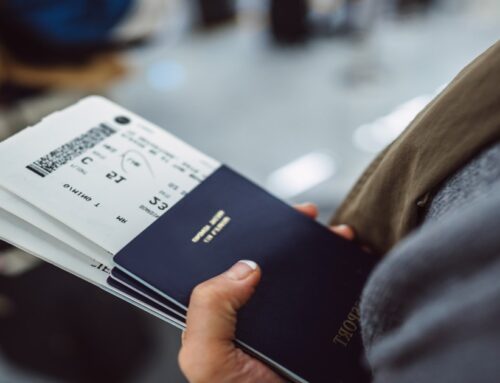
IRCC: Temporary Public Policies to facilitate the granting of permanent residence for certain foreign nationals and students in Canada
“Your status may be temporary, but your contributions are lasting – and we want you to stay”. With these words, the Honourable Marco Mendicino, Minister of Immigration, Refugees and Citizenship announced yesterday the formalization of six new pathways for permanent residence in Canada.
As the Government looks to the recovery of Canada’s economy in post-Covid-19 times, the priority has fallen onto all temporary residents who are presently in the country, and who have actively contributed, in a wide range of activities, to keep the economy moving as well as to maintain the health and safety of all Canadians.
So, what are the implications of these new pathways for candidates interested in applying? In order to understand the requirements of the various streams under this new Public Policy which will take effect this coming May 6th, 2021, we can divide them intro three categories:
- Applications for temporary workers in health care
- Applications for temporary workers in other selected essential occupations
- Applications for international students who graduated from a Canadian institution.
Candidates interested in applying in any of the first two categories for workers must be aware of the following most important requirements:
- Have accumulated at least one (1) year of full-time or equivalent part-time experience (1,560 hours) in Canada in one of the eligible occupations as listed in annexes in the three (3) years preceding the application:
- Annex A: Eligible Health-Related Occupations
- Annex B: Other Eligible Essential Occupations
- Be employed in Canada in any occupation at the time the application for permanent residence is received;
- Must have attained a level of proficiency of at least CLB 4 in either official language for each skill area;
- Reside in Canada with valid temporary resident status (or be eligible to restore status) and be physically present in Canada at the time the application is received and when application is approved.
To read the full list of requirements and the list of NOC codes included in the annexes for both streams, please follow this link.
Those who have graduated from a Canadian institution as international students may benefit from these new Public Policy considerations if the count on the following most important requirements:
- Have completed, prior to the date of application for permanent residence and no earlier than January 2017, a program of study at a “Designated Learning Institution” in Canada;
- Have been granted, following the completion of a program of study:
- A degree (associate, Bachelor’s, Master’s or Doctorate)
- Degree, diploma, certificate or attestation issues on completing a program of any duration leading to an occupation in a skilled trade (see Annex A);
- Have been authorized to study throughout their education in Canada;
- Must be employed in Canada with a valid permit or authorization to work at the time the permanent residence application is received and must not be self-employed (unless medical doctors under specific conditions);
- Have attained a level of proficiency in either official language of CLB 5 in all skill areas,
- Reside in Canada with valid temporary resident status (or be eligible to restore status) and be physically present in Canada at the time the application is received and when application is approved.
For all the details on the requirements and to learn about the NOC codes that apply for education in trades, please follow this link.
In all cases, these pathways are intended for those who plan to live outside the province of Quebec. It is worth noting as well, that these streams will count on intake caps as follows:
- 20,000 applications for temporary workers in health care
- 30,000 applications for temporary workers in other selected essential occupations
- 40,000 applications for international students who graduated from a Canadian institution.
Notably though, those applying under the French-speaking pathways, will have identical requirements with the exception that they will not be subject to any intake cap.
These Public Policy considerations will be in place until November 5th, 2021.
If you require assistance with your application or have questions about this program we can assist you.
Please book a consultation to start the immigration process.




